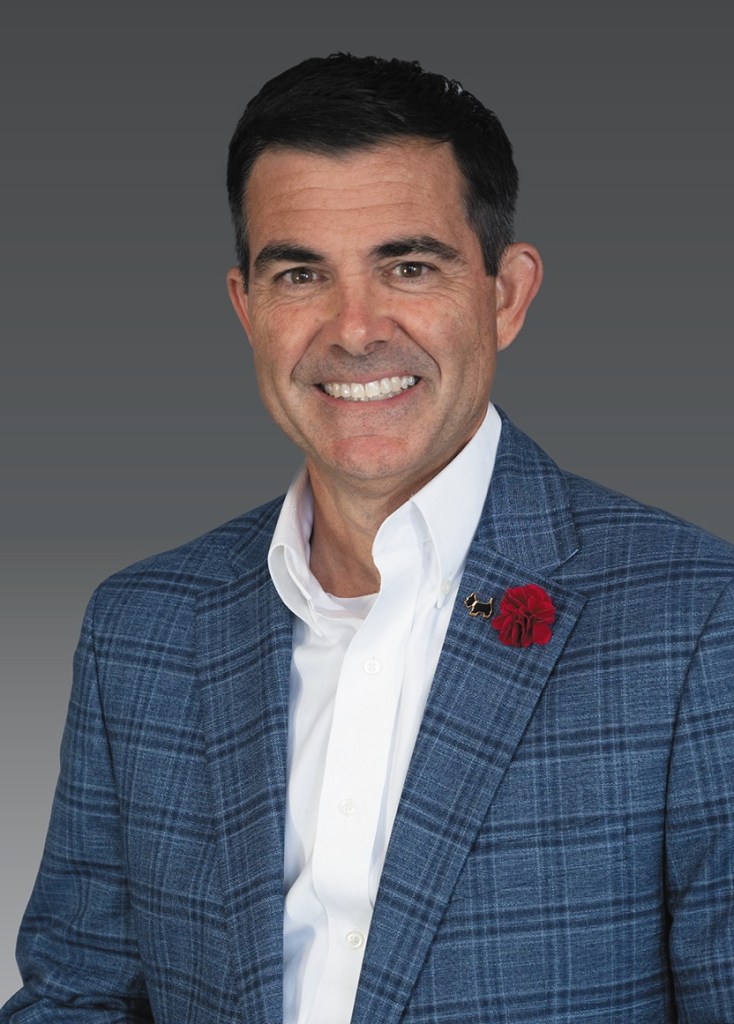Why You Need to Talk to Your Clients About HSAs

By: Dave Evans
No topic receives more attention these days than health insurance. As the political debate rages on, employers and their insurance agents are left wrestling with the burgeoning costs of medical insurance.
Most agents have left no stone unturned when helping clients mitigate these costs. Meanwhile, many companies have responded to the environment by shifting a higher percentage of their costs to employees or reducing their coverage.
Against this backdrop, use of health savings accounts (HSAs) is growing. These accounts enable employers to provide a high-deductible health care (HDHC) plan with an HSA that employees can fund on a pre-tax basis. When they apply to eligible health care expenses, reimbursements are “triple tax-free”—not subject to federal, state or FICA taxes.
Recent research from the Employee Benefit Research Institute estimates that the average American couple will require about $265,000 to pay for their share of medical care in retirement. Since HSAs are not subject to the annual “use it or lose it” rule with which flexible spending accounts (FSAs) must comply, savings can grow with investment earnings, and employees can use them to accumulate meaningful funds in retirement.
Of course, given the higher deductibles employees face with a HDHC account, they may find themselves tapping some or all of the funds during their working years if they don’t have adequate resources to meet their deductibles and copays. But when used prudently, HSAs are a tax-effective way to help pay for health care expenses based on their federal, state and FICA taxes, which can easily exceed 40%.
Research from Fidelity Investments indicates only 30% of people realize that the “use it or lose it” rule does not apply to HSAs. This is where you come in: Commit to informing employers about their benefits, and employees about the savings involved with using an HSA optimally [see sidebar].
Agents must bear in mind a number of rules, including penalties in the event that someone withdraws funds they don’t intend to use for eligible health care expenses. But as health care continues to face uncertainty on Capitol Hill, HSAs may represent one of the best short-term avenues for employers to mitigate their costs while providing employees with a tax-efficient way to meet higher deductibles and copays.
Dave Evans is a certified financial planner and a former IA contributor.
HSA Contribution Limits
Note: At age 55, an additional $1,000 is allowed annually. —D.E. |









